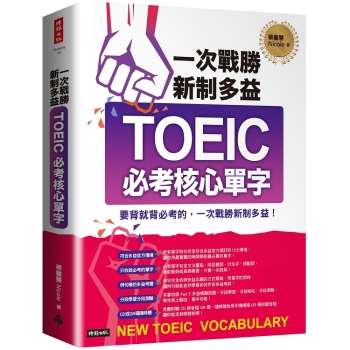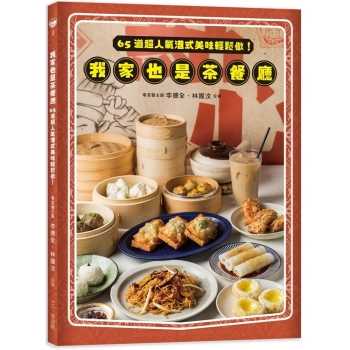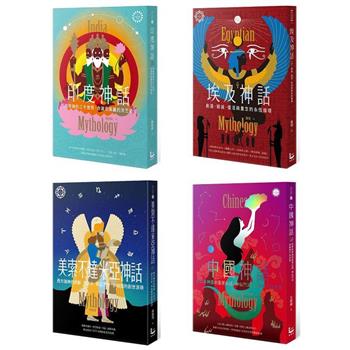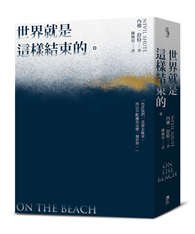This handbook traces the history of the changing notion of what it means to die and examines the many constructions of afterlife in literature, text, ritual, and material culture throughout time. The Routledge Handbook of Death and the Afterlife is an outstanding reference source to the key topics, problems and debates in this exciting subject. Comprising twenty-nine chapters by a team of international contributors the Handbook is divided into three parts and covers the following important themes:
- The Study of Dying, Death and Grief
- Disposal of the Dead: Past, Present and Future
- Representations of Death: Narratives and Rhetoric
- Youth Meets Death: A Juxtaposition
- Questionable Deaths and Afterlives: Suicide, Ghosts & Avatars
- Material Corpses and Imagined Afterlives Around the World.
Within these sections central issues, debates and problems are examined, including: the world of death and dying from various cultural viewpoints and timeframes, cultural and social constructions of the definition of death; disposal practices; and views of the afterlife.
The Routledge Handbook of Death and the Afterlife is essential reading for students and researchers in religious studies, philosophy, anthropology and sociology.









